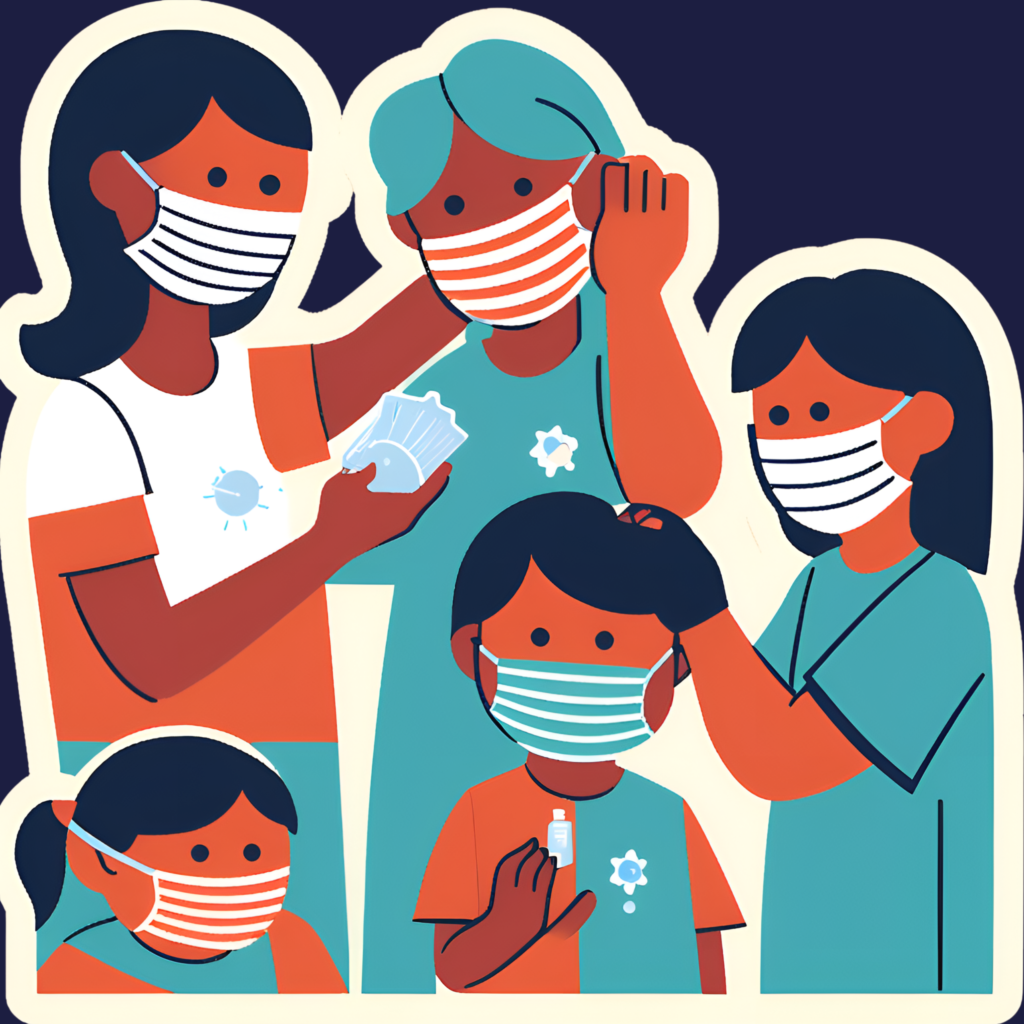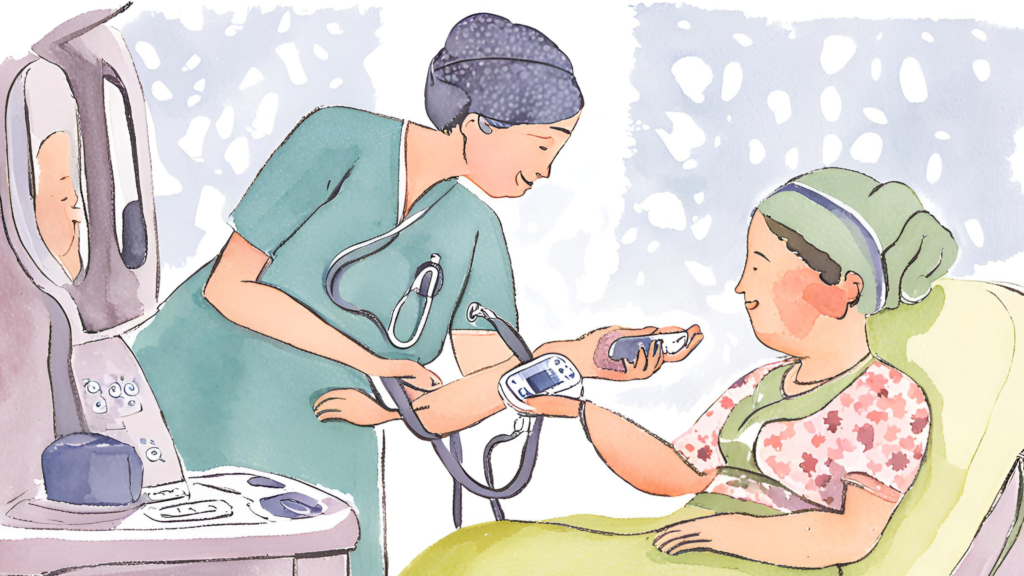Preventive care is the foundation of a healthy lifestyle. Rather than waiting for problems to arise, preventive care focuses on identifying and addressing potential health concerns early. This proactive approach not only saves time and money but also ensures a higher quality of life by keeping you healthier for longer.

1. What Is Preventive Care?
Preventive care involves regular check-ups, screenings, vaccinations, and healthy lifestyle choices to prevent illnesses or detect them early when they’re easier to treat.
Key Elements of Preventive Care:
- Routine medical exams and screenings.
- Immunizations to protect against diseases.
- Lifestyle modifications, including a balanced diet and regular exercise.
- Mental health check-ins to maintain emotional well-being.
2. Benefits of Preventive Care
a. Early Detection of Health Issues
Regular screenings for conditions like diabetes, high blood pressure, and cancer can catch problems before they become severe. Early treatment often leads to better outcomes and less invasive solutions.
b. Lower Healthcare Costs
Addressing potential issues early reduces the need for costly emergency care or advanced treatments later.
c. Improved Quality of Life
Preventive care helps you maintain energy, mobility, and independence as you age.
d. Increased Lifespan
Studies show that individuals who prioritize preventive care tend to live longer, healthier lives.

3. Common Preventive Practices
a. Regular Check-Ups
- Annual physicals to assess overall health.
- Monitoring vital metrics like blood pressure, cholesterol, and weight.
b. Vaccinations
- Stay up to date with immunizations for flu, COVID-19, shingles, and other preventable diseases.
c. Screenings
- Mammograms, colonoscopies, and other tests based on age, gender, and risk factors.
d. Healthy Habits
- Nutrition: A balanced diet rich in fruits, vegetables, lean proteins, and whole grains.
- Exercise: Aim for at least 150 minutes of moderate activity per week.
- Sleep Hygiene: Prioritize 7–9 hours of quality sleep each night.
e. Mental Health Maintenance
- Stress management techniques like meditation, yoga, or therapy.
- Regular mental health check-ins to address emotional well-being.
4. How to Start Prioritizing Preventive Care
- Schedule Routine Appointments: Visit your healthcare provider at least once a year for a comprehensive check-up.
- Know Your Family History: Share this information with your doctor to identify potential risks.
- Adopt Healthy Lifestyle Choices: Make small, sustainable changes to your diet, exercise routine, and stress management.
- Stay Informed: Keep track of recommended screenings and immunizations for your age and gender.

5. Why Preventive Care Is a Long-Term Investment
Preventive care isn’t just about avoiding illness—it’s about empowering yourself to live your best life. By taking proactive steps today, you’re ensuring a healthier, more vibrant future for yourself and your loved ones.
#PreventiveCareMatters#HealthyLifestyle#ProactiveHealth#StayHealthyStayHappy#WellnessJourney#HealthCheckUps#PreventDontCure#HealthFirst




